-
Doctors
-
Specialities & Treatments
Centre of Excellence
Specialties
Treatments and Procedures
Hospitals & Directions HyderabadCARE Hospitals, Banjara Hills CARE Outpatient Centre, Banjara Hills CARE Hospitals, HITEC City CARE Hospitals, Nampally Gurunanak CARE Hospitals, Musheerabad CARE Hospitals Outpatient Centre, HITEC City CARE Hospitals, Malakpet
HyderabadCARE Hospitals, Banjara Hills CARE Outpatient Centre, Banjara Hills CARE Hospitals, HITEC City CARE Hospitals, Nampally Gurunanak CARE Hospitals, Musheerabad CARE Hospitals Outpatient Centre, HITEC City CARE Hospitals, Malakpet Raipur
Raipur
 Bhubaneswar
Bhubaneswar Visakhapatnam
Visakhapatnam
 Nagpur
Nagpur
 Indore
Indore
 Chh. Sambhajinagar
Chh. SambhajinagarClinics & Medical Centers
Book an AppointmentContact Us
Online Lab Reports
Book an Appointment
Consult Super-Specialist Doctors at CARE Hospitals
Hemiplegia: Causes, Symptoms, Treatment and Prevention
Updated on 9 July 2024
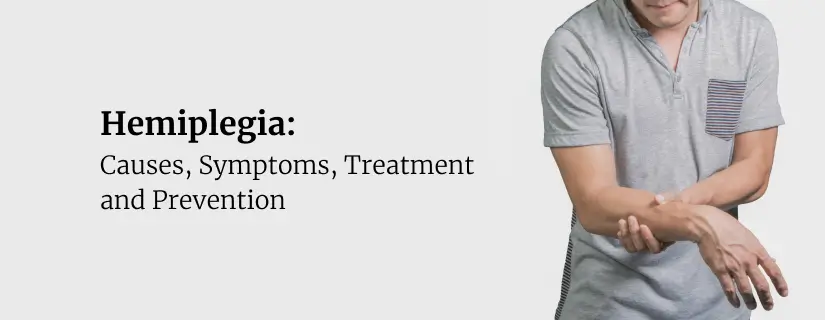
Hemiplegia, or the paralysis or weakness of one side of the body, can profoundly affect a person's life due to restricted movements. With the proper support and treatment, overcoming its challenges and regaining independence is possible. This comprehensive blog explores the causes, symptoms, and management of hemiplegia, offering hope and practical strategies. We understand this journey's challenge, but you are not alone. Together, we can navigate these challenges and find a better path to a brighter future. Let's take this step-by-step, ensuring you have the tools and knowledge to live a fulfilling life despite hemiplegia.
What is Hemiplegia?
Hemiplegia is a neurological disorder characterised by the paralysis or weakness of one side of the body. Various factors, including stroke, traumatic brain or spinal cord injury, or certain neurological diseases, can cause it. Individuals with hemiplegia often experience difficulties with mobility, coordination, and daily activities, but with the proper care, they can learn to adapt and thrive. Hemiplegia can affect either the right side of your body (right hemiplegia) or the left side of your body (left hemiplegia).
Causes of Hemiplegia
The following factors are contributing components of hemiplegia:
- Stroke: A brain stroke happens due to disruption of the blood supply to the human brain, thus causing damage to the brain tissue. It can result in hemiplegia on the side of the body opposite the affected brain region.
- Traumatic Brain Injury: Severe head and spinal injuries, such as those sustained in an accident or a fall, can damage the brain and lead to hemiplegia.
- Neurological Diseases: Certain neurological conditions, such as multiple sclerosis, Parkinson's disease, or brain tumours, can also result in hemiplegia.
- Congenital Conditions: In some cases, hemiplegia may be present from birth due to developmental abnormalities or brain injuries that occurred during pregnancy or childbirth.
- Infections: Certain infections that affect your nervous system, like meningitis, encephalitis, Ramsay Hunt syndrome, or progressive multifocal leukoencephalopathy (a rare brain infection), can lead to hemiplegia.
- Aneurysm: Weak spots in blood vessel walls that can burst and result in hemiplegia.
- Brain Haemorrhage: Bleeding in your brain and its outer protective layers, such as subarachnoid haemorrhage or subdural haemorrhage, or between the skull and the brain's outer membrane (epidural hematoma), can also result in hemiplegia.
- Neurodegenerative Diseases: In some cases, conditions like Alzheimer's or Parkinson's that progressively damage brain tissue can also cause hemiplegia.
Signs and Symptoms of Hemiplegia
The primary symptom of hemiplegia is the paralysis or weakness of one side of the body. This condition can manifest as:
- Difficulty with movement or coordination on the affected side
- Decreased muscle tone or muscle spasms
- Reduced sensation or feeling on the affected side
- Difficulty grasping or holding on to objects
- Difficulty with speech or swallowing
- Sagging or weakness of facial muscles on one side
- Vision impairment like double vision or loss of visual field on affected side
- Impaired balance and coordination
- Cognitive or emotional changes, such as difficulty with memory, attention, or mood
- In some cases, individuals with hemiplegia may also experience pain, tingling, or other sensory disturbances on the affected side of the body.
How is Hemiplegia Diagnosed?
Diagnosing hemiplegia involves a combination of medical history, physical examination, and diagnostic tests. The doctor may perform the following:
- Physical Examination: The doctor will assess the individual's muscle tone, reflexes, and coordination to determine the extent and location of the paralysis or weakness.
- Neurological Examination: The doctor will evaluate the individual's cognitive function, speech, and sensory perception to identify neurological impairments.
- Imaging Tests: Imaging tests (CT scans, MRIs, PET scans) can identify the underlying cause of hemiplegia, such as a stroke, brain injury, or neurological condition.
- Electromyography (EMG): EMG considers the electrical activity of our muscles and can help identify the specific nerve or muscle impairments associated with hemiplegia.
How is Hemiplegia Treated?
The treatment for hemiplegia often involves a multidisciplinary approach, including:
- Physical Therapy: Physical therapy is an essential adjunct in hemiplegia treatment. It focuses on improving mobility, strength, and coordination on the affected side of the body. Therapists may use various techniques, such as exercises, stretching, and assistive devices, to help individuals relearn and improve their physical abilities.
- Occupational Therapy: Occupational therapy helps individuals with hemiplegia adapt to their daily activities and learn new strategies to overcome the challenges they face. This therapy may involve using assistive devices, adaptive equipment, and techniques to improve self-care, household tasks, and work-related activities.
- Speech Therapy: Speech therapy improves communication, swallowing, and overall quality of life for individuals with hemiplegia who experience speech or swallowing difficulties.
- Medications: Doctors may prescribe medicines to manage the underlying condition, reduce muscle spasticity, or alleviate pain associated with hemiplegia.
- Surgical Interventions: In rare cases, surgical approaches may be necessary to address specific neurological or musculoskeletal issues related to hemiplegia, such as implanting a neurostimulator or releasing contracted muscles.
- Psychological Support: Coping with the psychological and emotional impact of hemiplegia can be challenging. Support groups and counselling can help individuals navigate the emotional aspects of the condition.
How Can Hemiplegia Be Prevented?
While it is not always possible to prevent hemiplegia, there are specific steps that can be taken to reduce the risk:
- Manage Underlying Health Conditions: Conditions such as diabetes, high blood pressure, and cardiovascular disease can make a person susceptible to stroke, a leading cause of hemiplegia. Maintaining a healthy lifestyle and managing these conditions can help reduce the risk.
- Prevent Head Injuries: Taking measures to prevent head injuries, such as wearing a helmet during activities like cycling or sports, can help reduce the risk of traumatic brain injuries resulting in hemiplegia.
- Seek Prompt Medical Attention: If an individual experiences symptoms of a stroke or other neurological event, seek immediate medical attention. Prompt treatment can help minimise the damage and improve the chances of recovery.
- Engage in Regular Exercise: Regular physical activity can help maintain muscle strength, coordination, and overall health, benefiting individuals at risk of hemiplegia.
- Avoiding Unhealthy Habits: Quitting smoking and avoiding excessive alcohol can help reduce the risk.
When To Call the Doctor
It is essential to seek medical attention if an individual experiences any of the following symptoms, as they may be indicative of hemiplegia or a related neurological condition:
Conclusion
Hemiplegia is a challenging condition that can significantly impact an individual's life, but with the proper support and treatment, it is possible to overcome the challenges and reclaim one's independence. By making themselves aware of the causes, symptoms, and management of hemiplegia, individuals and their families can take consolidated steps to improve their quality of life.
FAQs
1. What's the difference between hemiplegia and hemiparesis?
Hemiplegia and hemiparesis are relatable but distinct conditions. Hemiplegia refers to the complete paralysis of one side of the body, while hemiparesis refers to the partial weakness or impairment of one side of the body. Both conditions can result from similar underlying causes, such as stroke or brain injury, but the severity of the impairment differs.
2. Which nerve is damaged in hemiplegia?
In hemiplegia, damage typically occurs to the corticospinal tract, the main motor pathway connecting the cerebral cortex (the outer protective layer of the brain) to the spinal cord and muscles. Various factors, such as a stroke, traumatic brain injury, or neurological disorders, can cause this nerve damage.
3. What are the complications of hemiplegia?
Complications of hemiplegia can include:
- Muscle spasticity and contractures
- Shoulder pain and subluxation
- Skin breakdown and pressure ulcers
- Respiratory complications
- Cognitive and emotional changes
- Difficulty with speech and swallowing
- Increased risk of falls and fractures
- Proper management and rehabilitation can help prevent or mitigate these complications.
4. How long can hemiplegia last?
The duration of hemiplegia can vary widely and depends on the underlying reason and the person's response to treatment. In cases of stroke, the initial paralysis or weakness may improve over time, with the majority of recovery occurring within the first 3-6 months. However, some individuals may experience residual impairments for years or even a lifetime. In traumatic brain injury or neurological conditions, hemiplegia duration can be more variable and may require long-term management and rehabilitation.
5. Can a person with hemiplegia walk?
Yes, individuals with hemiplegia can regain the ability to walk, but it often requires extensive rehabilitation and the use of assistive devices. Physical therapy is crucial in helping individuals with hemiplegia relearn and improve their mobility, balance, and coordination.
ENQUIRY FORM
SELECT CATEGORIES
-
Neurosciences (16)
-
Neurology (37)
-
Neurosurgery (14)
-
Orthopaedics (48)
-
Oncology (33)
-
Obstetrics and gynecology (51)
-
Pulmonology (23)
-
Urology (20)
-
Nephrology (13)
-
Psychiatry (7)
-
Dietetics and Nutrition (111)
-
General Medicine (63)
-
Cardiac Sciences (30)
-
Vascular & Endovascular Surgery and Interventional Radiology (10)
-
Gastroenterology (46)
-
Endocrinology (23)
-
Plastic Surgery (10)
-
Critical Care Medicine (5)
-
COVID-19 (16)
-
Dermatology (16)
-
Emergency Care (1)
-
Ophthalmology (4)
-
Pediatrics (14)
-
Laparoscopic and Bariatric Surgery (8)
-
ENT (15)
-
Kidney Transplant (1)
-
Liver Transplantation and Hepatobiliary Surgery (5)
-
General Surgery (3)
-
Internal Medicine (5)
-
Medicine Information
Right Side Headache: Causes, Treatments and Home Remedies
Cerebral Palsy: Types, Symptoms, Causes and Treatment
YOU MAY ALSO LIKE
RECENT BLOGS
-

Direct Anterior Approach in Total Hip Replacement: Advantages and Challenges
10 April 2025
Read More
-

Zinc Deficiency: Signs and Symptoms, Causes, Treatment
9 April 2025
Read More
-

Chest Pain When Coughing: Causes, Treatment and Home Remedies
9 April 2025
Read More
-

12 Health Benefits of Eating Mushrooms
8 April 2025
Read More
-

7 Health Benefits of Blood Donation You Should Know About
8 April 2025
Read More
-

Implantation Bleeding Vs Periods: Know the Difference
28 February 2025
Read More
-

Bloating During Ovulation: Symptoms, Causes and Remedies
28 February 2025
Read More
-

Itching During Dengue: Causes, Treatment and Home Remedies
18 February 2025
Read More
Have a Question?
If you cannot find answers to your queries, please fill out the enquiry form or call the number below. We will contact you shortly.






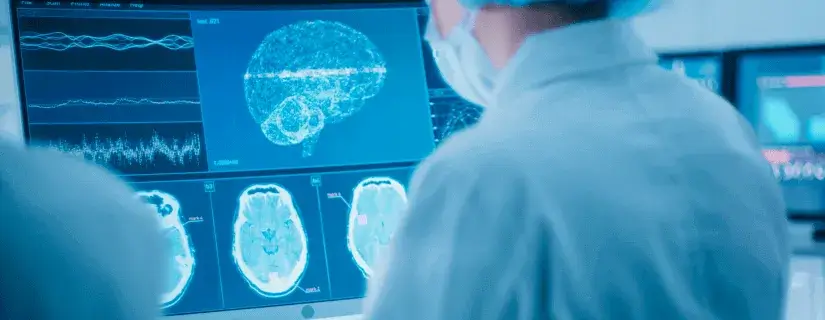
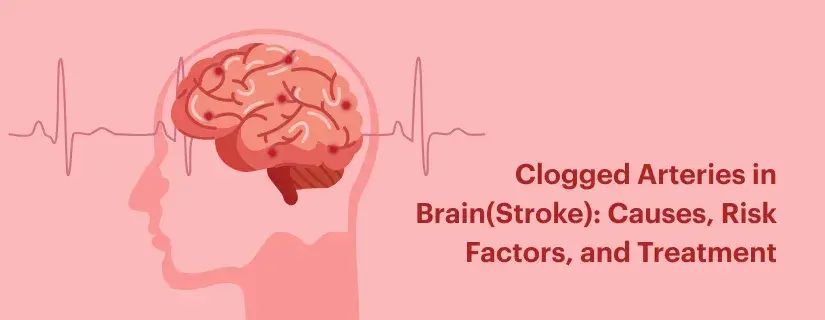


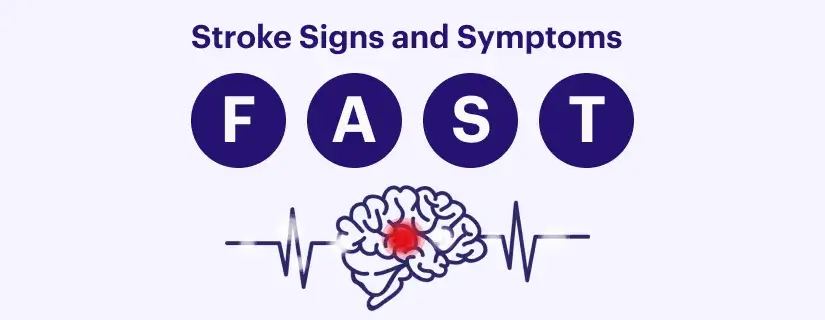
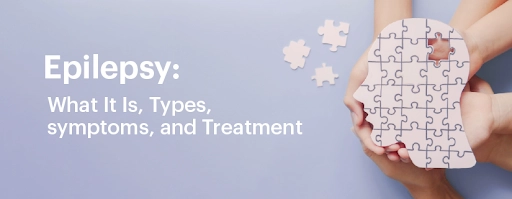
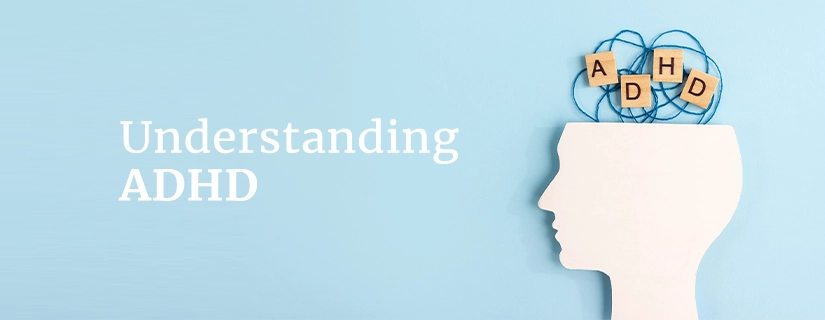
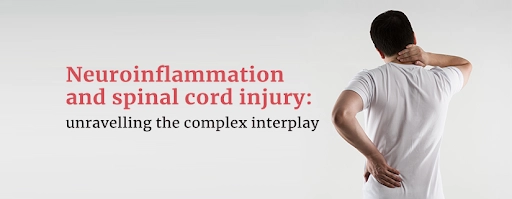




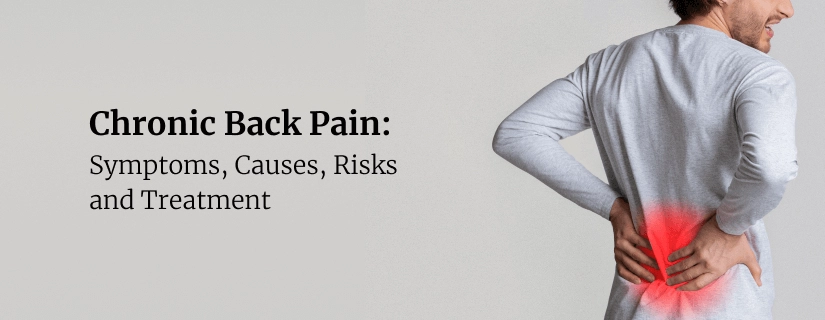

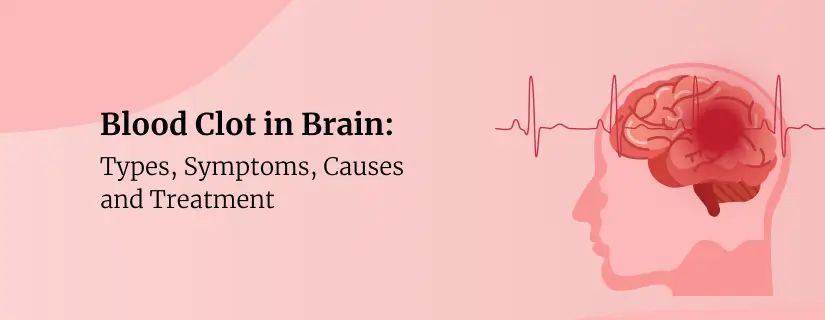

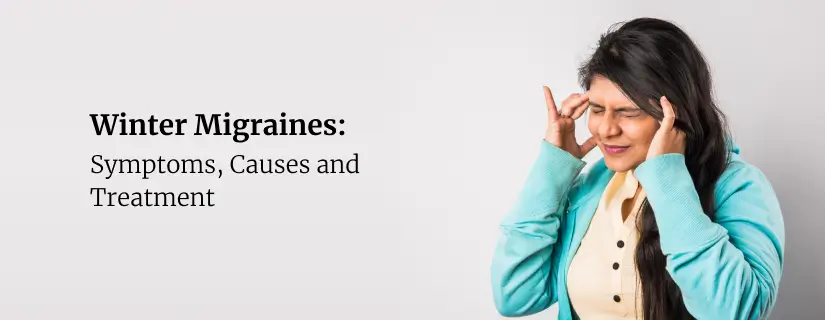

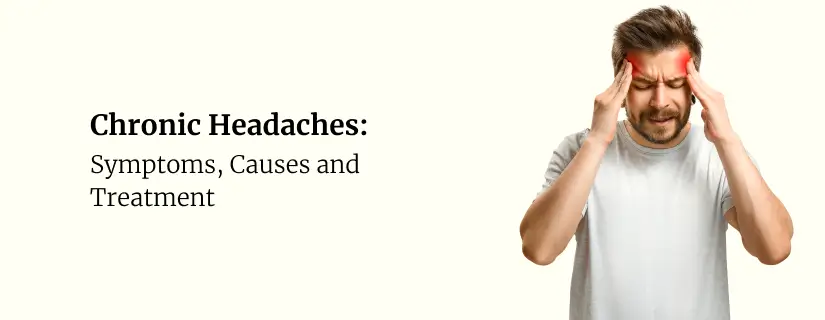
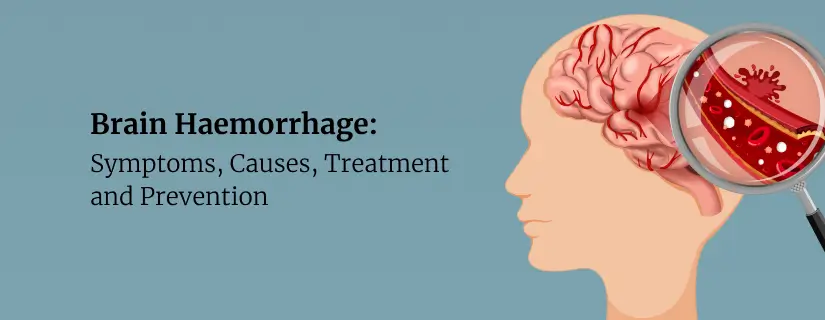


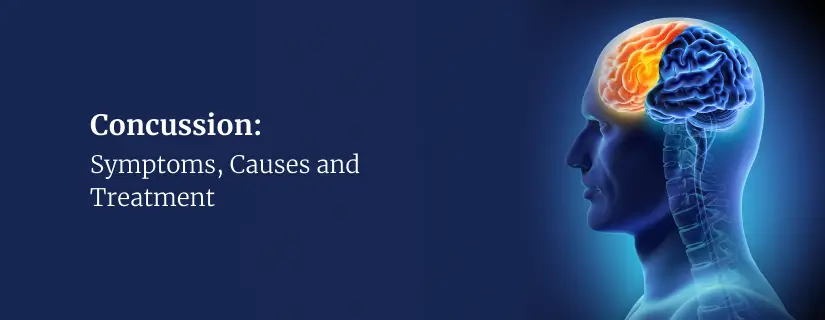

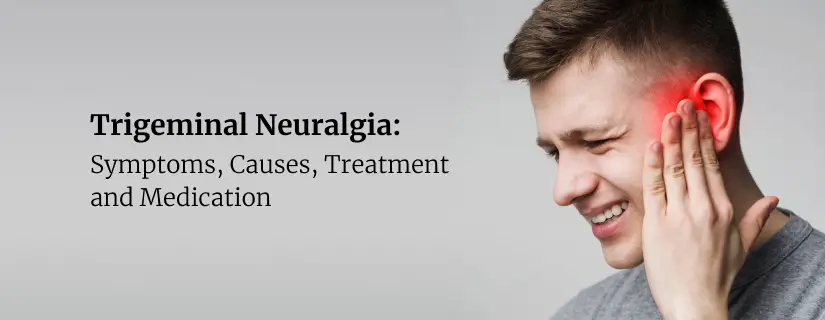
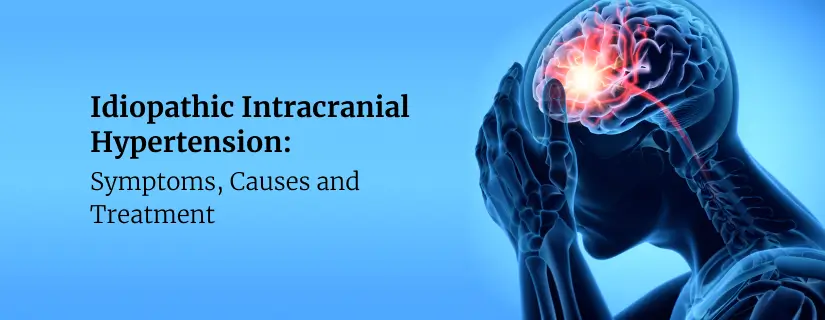
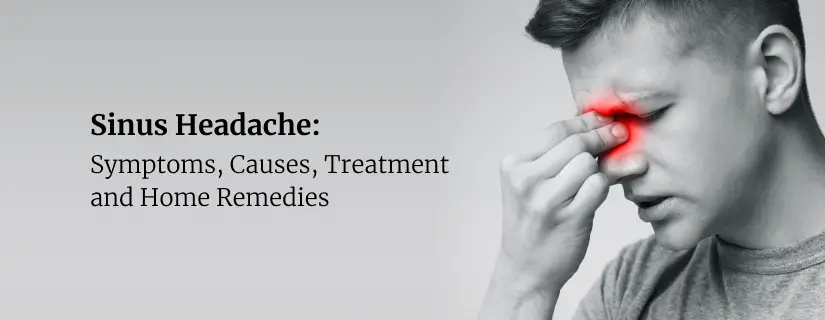

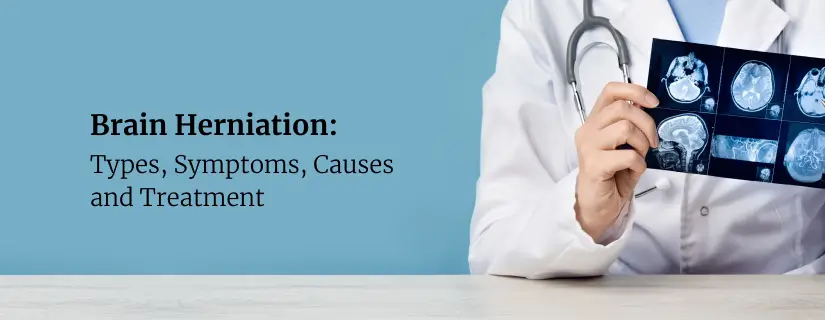

.webp)